Mozambique: Health workers threaten to resume strike
Number of IDPs in Mozambique represents 1.4% of country’s population – NGO
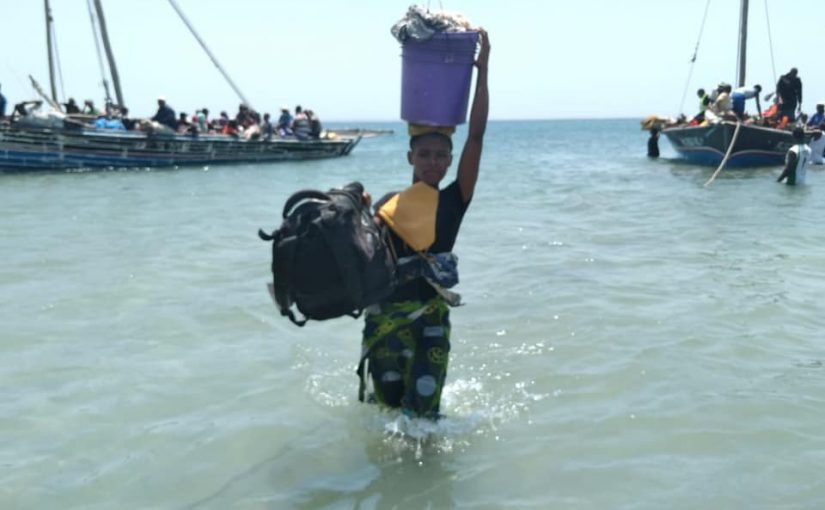
Photo: Pinnacle News
The number of internally displaced people in Mozambique grew 2,700% in two years and now represents 1.4% of the country’s population, without enough help, said a report by the Centre for Public Integrity (CIP), a Mozambican NGO, released on Monday.
“About 1.4% of the Mozambican population is currently displaced, due to the armed attacks in Cabo Delgado and in the Centre of the country,” or 424,002 affected out of a total of 29 million people, the document said.
The increase in the number of displaced reflects the worsening conflict in the north of the country, a region rich in natural gas and whose exploitation is attracting the largest private investment in Africa, of about €25 billion.
By the end of 2018, there were about 15,000 internally displaced people in Cabo Delgado and the central region as a result of armed conflict, but today the current number represents an increase of more than 2,700% in the number of displaced in just two years.
Out of a total of 86,562 displaced families, of whom only 3,981 are living in the 13 accommodation centres set up by the Government and its partners. in the provinces of Cabo Delgado (six), Nampula (four), Niassa (one) and Manica (two).
The CIP noted that only 4.6% of the displaced households are in accommodation centres, i.e.the majority of the displaced are living in households which host them, in most cases without the minimum of basic conditions to ensure their survival.
“The Central Government should urgently set up accommodation centres for the displaced people who are living in the houses of relatives and friends, and prepare the reception, with a minimum of dignity of displaced people who are continuing to arrive from the regions under attack in Cabo Delgado,” the report said.
In the last week, about a thousand refugees a day have arrived on the beaches of Pemba, in the south of the province, according to the authorities and various reports heard by Lusa.
The CIP also recommends that the government investigate cases of theft of aid and abuse of women and hold those guilty responsible for their acts, to prevent any repetition.
“Bearing in mind the insufficient amount of food distributed to the displaced, the Government, at central level, should step up mobilisation of support for the displaced from partners, business people, etc”.
Another of the report’s recommendations points to the need to prepare for the future, through professional training and promotion of opportunities – work that the government has announced, in the meantime, through the creation of the Northern Integrated Development Agency (ADIN).
“At least in early 2021 the humanitarian situation is not expected to improve,” Borges Nhamire, a researcher at the CIP and one of the co-authors of the report, told Lusa.
“Even if there is a calm in the conflict, people are afraid. Even if the situation were to normalise, they would not want to come back,” he said.
“One lady had four children. She lost three in the conflict. She certainly does not think of returning to the village from which she fled. It is an escape from barbarity”.
The researcher said he does not believe that the number of people who want to flee will reduce, hence the need for society to mobilise.
The armed conflict in Cabo Delgado has been going on for three years, causing between 1,000 and 2,000 deaths, and some of the insurgency attacks have been claimed since June 2019 by the jihadist Islamic state group, with the real origin of the violence still under debate.
This year, the incursions and occupation of villages during some periods have worsened.
- Read the full CIP report “The number of internally displaced people in Mozambique has grown by about 2700% in two years”, in English, HERE


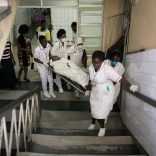
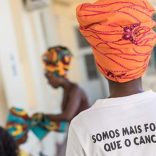
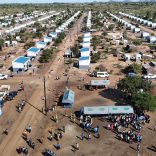
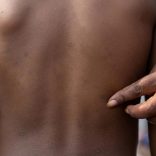
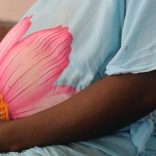






Leave a Reply
Be the First to Comment!
You must be logged in to post a comment.
You must be logged in to post a comment.